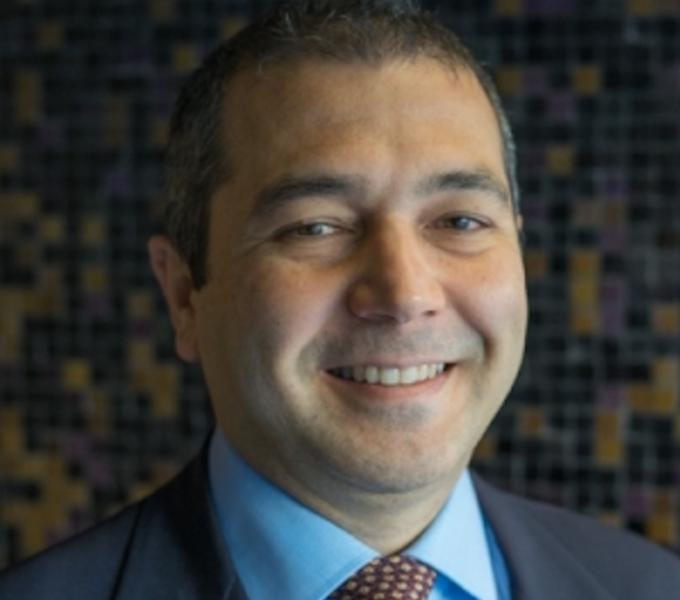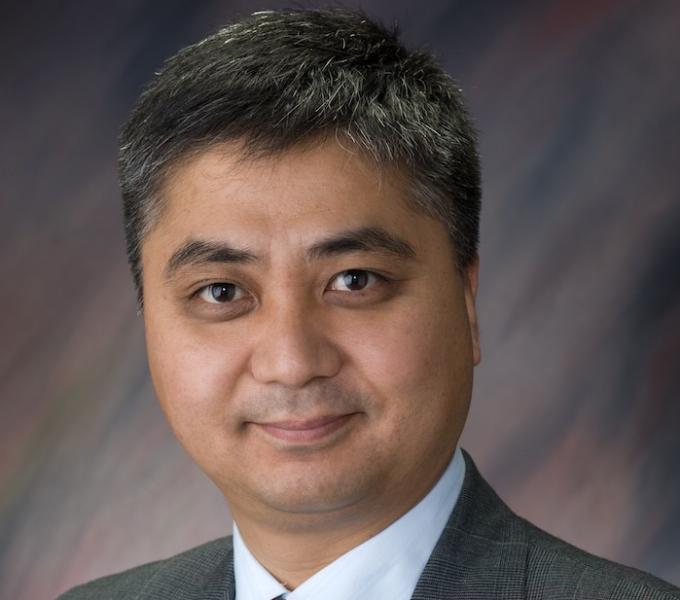Affiliated Faculty
This list of affiliated investigators can help you identify potential research mentors at the University of Pittsburgh. PSTP students can, and do, work with mentors not on this list, but the investigators featured below have expressed interest in hosting PSTP students in their laboratories.

Signal Transduction; The role of the Akt kinase in NF-kB and T cell activation; Role of TIM proteins in T cell activation

Role for nerves in the skin as modulators of immune responses

Long-term outcomes following sepsis using a Drosophila as well as murine model of sepsis

The role of intracellular lipid metabolism and adipose tissue biology in normal metabolism and disease using basic and translational approaches

Develop & translate state of the art noninvasive imaging technologies to improve disease diagnosis, guide therapy, and evaluate therapeutic efficacy

Cellular, structural and molecular studies of epithelial ion channels

Our laboratory is interested in the interplay of mitochondrial dysfunction and cellular senescence in lung epithelial and innate immune cells in the pathogenesis of chronic obstructive lung disease (COPD) and pulmonary fibrosis to improve therapeutic options for patients.

The long-term goals of my laboratory are to understand: (1) dietary lipid absorption and chylomicron synthesis, (2) the influence of chylomicrons in metabolic and inflammatory disease. We use mouse and human models to study Cystic Fibrosis, Inflammatory Bowel Disease (IBD), and atherosclerosis.

Our research focuses on deciphering mechanisms involved in lung repair and regeneration, with the aim to identify novel therapeutic targets relevant for age-related chronic lung diseases, such as idiopathic pulmonary fibrosis (IPF) and chronic obstructive pulmonary disease (COPD). Our translational research program focuses on the comprehensive characterization of primary lung epithelial (stem) cells from experimental models and human tissue samples from patients with chronic lung disease. we aim to identify and investigate target signaling pathways that impact cellular mechanisms we identified the developmental WNT signaling pathway as a potent contributor to impaired lung repair and epithelial cell reprogramming, which is amenable to therapy and have further characterized features of epithelial cell reprogramming, such as cellular senescence. We further pioneered and apply patient-derived 3D Lung Tissue Cultures that allow to further validate and test potential novel drugs in an individualized fashion.
